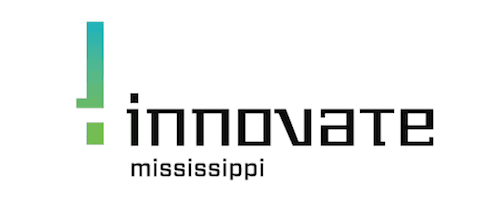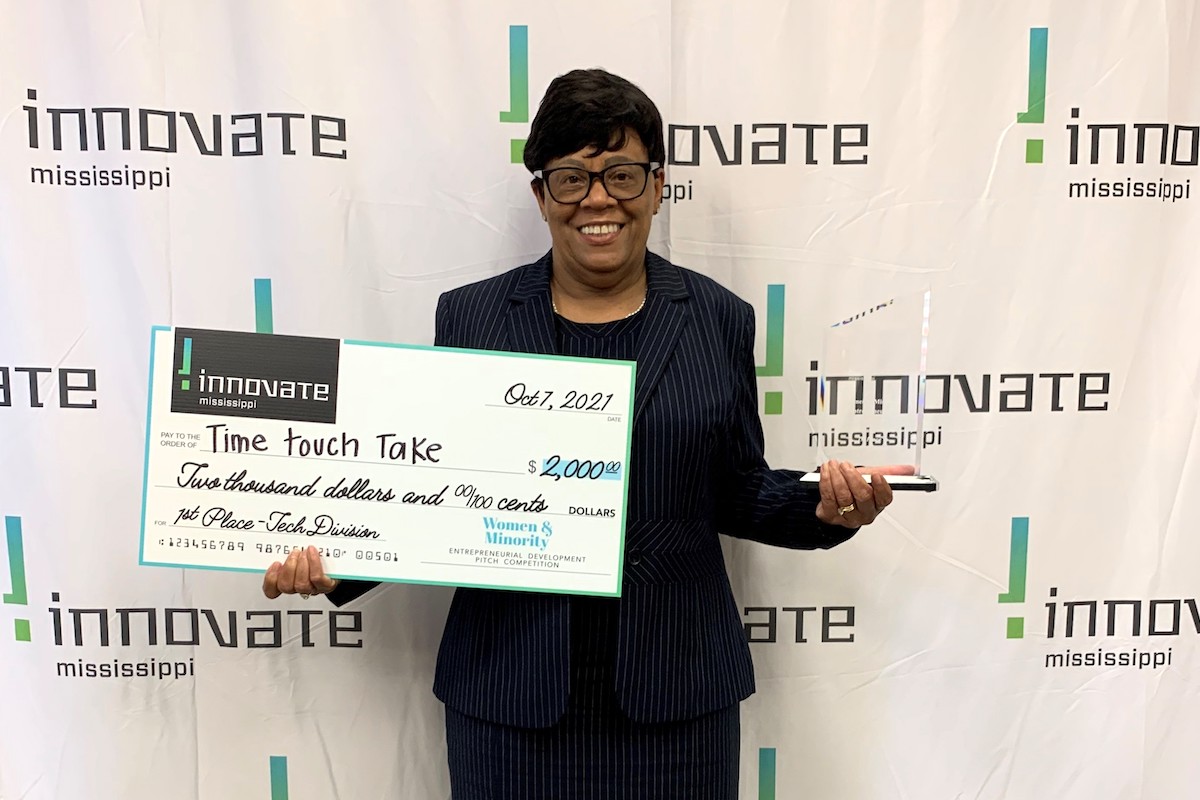“Who is it?” the man said from his hospital bed.
“Ronnie, you’re looking right at me,” Dr. Barbra Coatney replied. She was confused. After her nephew called from Atlanta, she checked in on her brother-in-law. Her sister had passed away some years back. Ronnie was back in the hospital, not keeping up with his medications.
“I’m blind, Barbara.” Coatney was shocked; she had no idea Ronnie couldn’t see anymore. A social worker told her Ronnie was in there often because he couldn’t keep track of his medication correctly. When Coatney got him home, she found pills all over the floor of his apartment.
“They drop between my fingers,” he told her. “And when [the pharmacies] put them in the little containers for me, when I pour them out, they still fall on the floor.”
Dr. Coatney, whose master’s and Ph.D. degrees are in special education and education administration, said that “we special education teachers try to work things out.” That’s where she got the idea for her invention—a pill organizer for the sight-impaired. After a caregiver loads the device once per week, a timer and raised dots help the patient self-administer accurate dosages at the correct time of day.
“I started writing up my notes and looking at [Ronnie’s] progress over time,” Coatney said. “And it turned out that was the key—blind people need to be able to take their medicine and be self-sufficient.”
Coatney says she drafted a 12-page report but put it on the shelf—until COVID hit. With the pandemic in full force, she decided to revisit the idea, sending it to Robert Thompson, assistant director at the Mississippi Polymer Institute at the University of Southern Mississippi. Thompson encouraged her to move ahead with the invention, connecting her with George Hardin, an engineer in Hattiesburg. And he referred her to Innovate Mississippi.
“[Innovate Mississippi] started meeting with me and that started the ball rolling. We had a lot of ZOOM meetings—they kept me motivated,” Coatney said. “When you’re doing something like this, you can hit a brick wall … but then when you meet with them—they keep you going.”
She said that Tony Jeff and Tasha Bibb helped her scope her prototype, pull together a presentation on her invention, and prepare to pitch the Mississippi Seed Fund. They also invited her to participate in 2021’s Women and Minority Entrepreneurial Development Program, an intensive virtual accelerator to get products and services to market from women and minority-owned startups.
As part of the accelerator, she’s focused on customer interaction and data. Customer interest in her invention already shows promise. In a matter of days, she’s received 63 responses to a customer survey she created for the accelerator.
Dr. Coatney received a $10,000 proof-of-concept award from the Mississippi Seed Fund, which she says she’ll use to get her prototype in shape for real-world beta testing and evaluation. Once the prototype works, she says the next steps are to find the angel funding to help her get the product on the market.
“I’m a senior, and I have all of these friends on these regimes of medications,” she said. “I think just having something to remind them to take their meds—that’s the number one [survey response.] I’m at 80-something percent asking for something that will remind them when to take their medicine.”
Her advice for other inventors and entrepreneurs? Find mentors like Innovate Mississippi—and listen. “I’m not a business major. I’m an educator. I wrote grants, which is similar, but being open to other people’s opinions is the most valuable thing,” she said.
“Just because you invented it doesn’t mean you know everything!”

